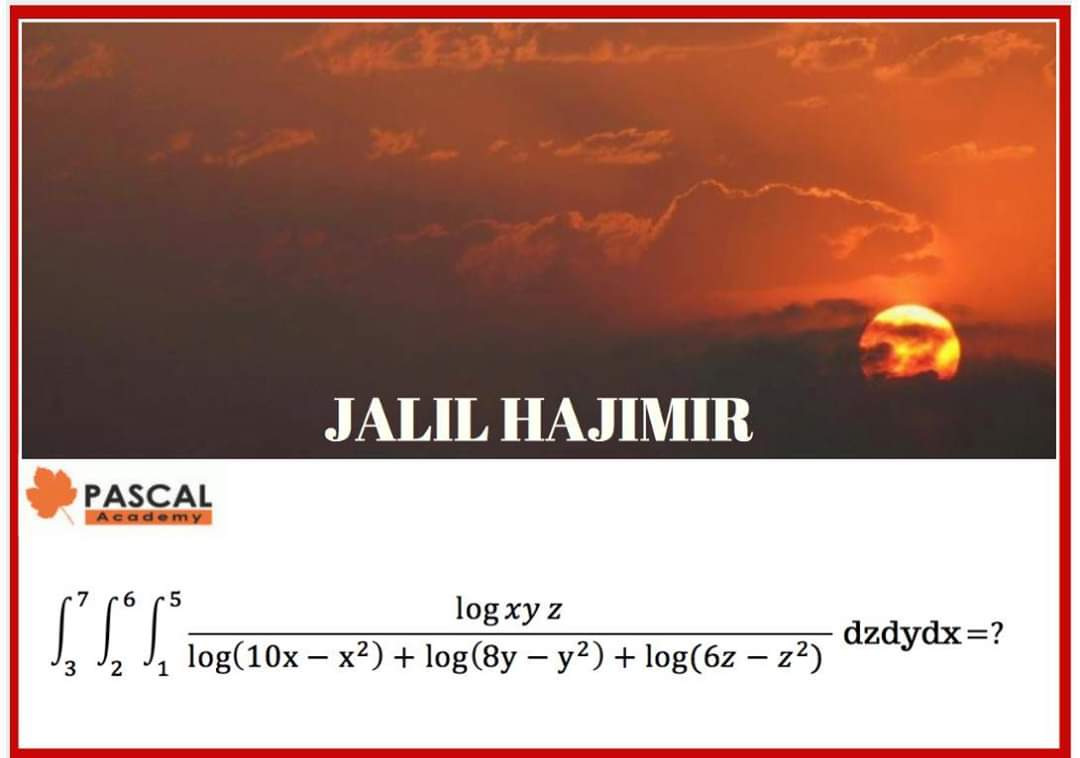
IntegrationQuestion and Answers: Page 202
Question Number 82566 Answers: 2 Comments: 1
Question Number 82560 Answers: 1 Comments: 0
Question Number 82531 Answers: 1 Comments: 1

Question Number 82510 Answers: 1 Comments: 1
Question Number 82450 Answers: 1 Comments: 1
Question Number 82446 Answers: 0 Comments: 3
Question Number 82440 Answers: 0 Comments: 1
Question Number 82439 Answers: 0 Comments: 1
Question Number 82442 Answers: 0 Comments: 1
Question Number 82435 Answers: 0 Comments: 1
Question Number 82434 Answers: 0 Comments: 0
Question Number 82433 Answers: 0 Comments: 1
Question Number 82402 Answers: 0 Comments: 0

Question Number 82391 Answers: 0 Comments: 1
$$\int\:\mathrm{sin}\:{x}\:\mathrm{cos}\:\left(\mathrm{sin}\:{x}\right)\:{dx}\:? \\ $$
Question Number 82330 Answers: 0 Comments: 4

Question Number 82286 Answers: 1 Comments: 3
Question Number 82283 Answers: 1 Comments: 2
$$\int{x}^{\mathrm{3}} \sqrt{{x}^{\mathrm{3}} +\mathrm{1}}\:{dx} \\ $$
Question Number 82244 Answers: 1 Comments: 2
Question Number 82232 Answers: 1 Comments: 1

Question Number 82223 Answers: 0 Comments: 1
Question Number 82185 Answers: 1 Comments: 2
$$\int\:\frac{{dx}}{\mathrm{sec}\:{x}\:+\:{csc}\:{x}}\:=\:?\: \\ $$
Question Number 82174 Answers: 1 Comments: 1
Question Number 82139 Answers: 1 Comments: 0
Question Number 82022 Answers: 0 Comments: 0

Question Number 82020 Answers: 0 Comments: 2

Question Number 81996 Answers: 0 Comments: 0
Pg 197 Pg 198 Pg 199 Pg 200 Pg 201 Pg 202 Pg 203 Pg 204 Pg 205 Pg 206
